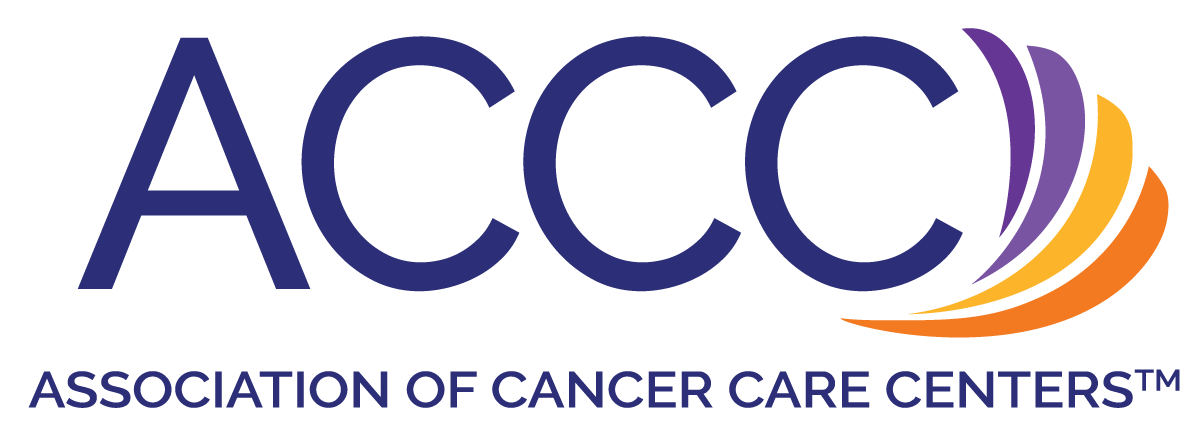
Kathy Oubre Discusses Alternative Payment Models in Smaller Health Care Practices

Kathy Oubre, MS, CEO of Pontchartrain Cancer Center, speaks on the unique perspectives and challenges smaller health care practices may face when entering into alternative payment models and shares key insights for addressing these issues.
When entering into a value-based payment model, it is important that practices do not lose sight of whether or not the model is actually bringing value to their patients, says Kathy Oubre, MS, CEO, Pontchartrain Cancer Center.
This transcript has been lightly edited for clarity.
Transcript
Can you speak to the unique challenges that smaller health care institutions face when advocating for patients and participating in alternative payment models?
As a smaller practice, we do have to work a little harder to have our voices heard because we are relevant and small practices can do very unique things. But just from a true black-and-white perspective, we generally treat a smaller subset of a payer’s population than maybe one of my larger competitors. But it also gives me a unique opportunity to talk with the payer and engage them with all the unique things that we do within our organization to set ourselves apart and to be part of that value proposition conversation and the value that it has to the payer. And most importantly, it's the value of those models and the things that we do provide for their patients.
Do you have any insights on how to address these challenges?
Addressing challenges within any institution, whether that be bigger or smaller, is to understand the makeup of your practice. What makes every person in that organization tick? Understand your payer mix, understand your patient population and what they need from you. And don't be afraid to engage patients within that conversation because very often, what we think provides value to a patient is not often translated into what the patient really needs or are things of value. And then, leaning into those conversations and talking to the payers about those learnings. Once you get everyone on board with the thought process and how you're going to accomplish goals, but most importantly, the “why.” That's when you tend to see people kind of move in one direction altogether.
Could there be unintended consequences or risks associated with the widespread adoption of alternative payment models, and how can they be mitigated?
I think that the unintended consequence would be, when you're bringing in these value-based models, losing sight of who you're providing value to. And we see that a lot: We entered into these value-based care models, but who are they providing value to? Is it the payer? Is it the practice or the patient? Ideally, the patient is at the center of everything we do, whether that's from the practice side or the payer side. When a practice is thinking about entering into a value-based care arrangement, the last thing you want to do is enter into a model that inadvertently doesn't provide value to the patient.
Newsletter
Stay ahead of policy, cost, and value—subscribe to AJMC for expert insights at the intersection of clinical care and health economics.









